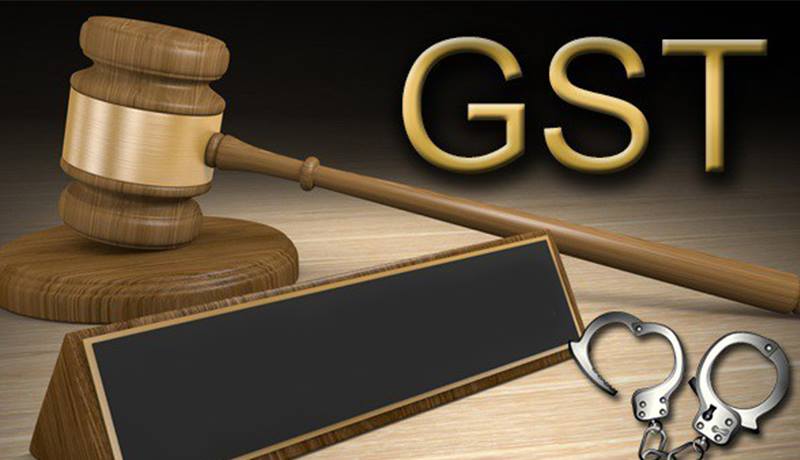Jahanvi Agarwal
Recently, Orissa High Court put a stay on the Goods and Service Tax (GST) demand subject to deposit of tax as the GST Tribunal is not constituted.
Justice B.R. Sarangi and Justice M.S. Raman observed in the case that the rest of the tax demand shall remain stayed as the writ petition is pending. The reason for this pendency is that the petitioner wants to seek legal remedy by approaching the 2nd appellate tribunal, which has not yet been established, as an interim measure subject to the petitioner depositing the entire tax demand within a period of four weeks.
The first appellate order, which was issued by the Joint Commissioner of State Tax, CT, and GST Territorial Range, Angul, was challenged by the petitioner in a writ petition. The petitioner’s appeal was denied by the first appellate authority because it violated Sections 107(1) and (4) of the GST Act, and the appeal submitted in accordance with Section 107(1) of the Odisha Goods and Services Tax Act, 2017, was also denied.
The petitioner argued that the order delivered by the first appellate authority was invalid since the petitioner was not required to pay the tax and penalty. Despite the validity of the second appeal, the second appellate tribunal has not yet been established.
The petitioner further stated that because there is no second appellate forum and the petitioner has already paid 10% of the sought tax amount to the first appellate body, the High Court should hear the writ petition.
The Department, represented by learned Standing Counsel Sunil Mishra (respondent), argued that simply because the appeal was delayed in its filing, the court might not be able to excuse the delay beyond four months. Especially as the appellate authority was not given the power to excuse delays longer than one month after a period of three months had passed since the date the order in question was communicated.
Further, the petitioner is responsible for paying the tax because the case is on a different basis. If the petitioner chooses to use the remedy by filing an appeal before the second appellate tribunal, they will be required to pay 20% of the remaining disputed tax so that the second appellate tribunal will review their appeal.
The court held that the petitioner must deposit the required tax amount, and the temporary relief of stay will be allowed. This will be permitted in those circumstances where the petitioner wishes to appeal a judgment made by the first appellate authority because the appellate tribunal has not yet been established.
Case Name: M/s. Laxman Barik V. Joint Commissioner of State Tax
Dairy Number: 10587/2023
Bench: Justice B.R. Sarangi and Justice M.S. Raman

